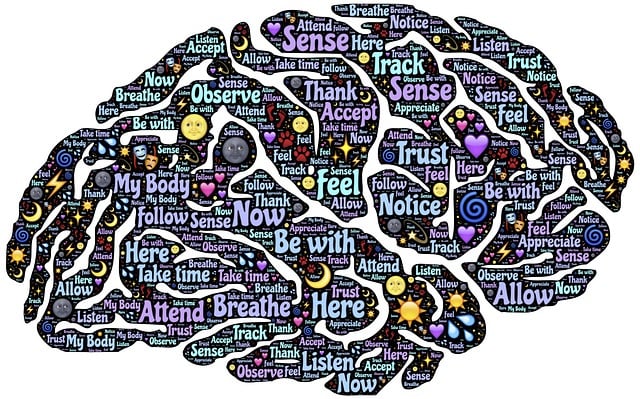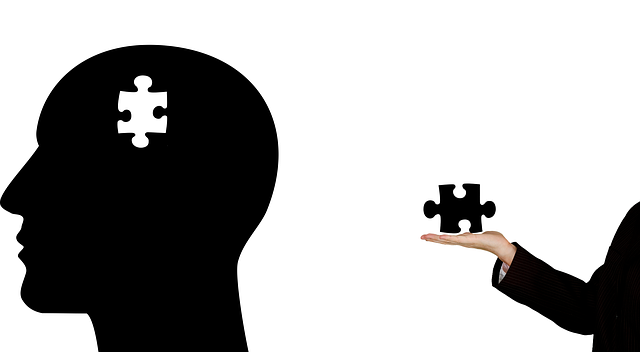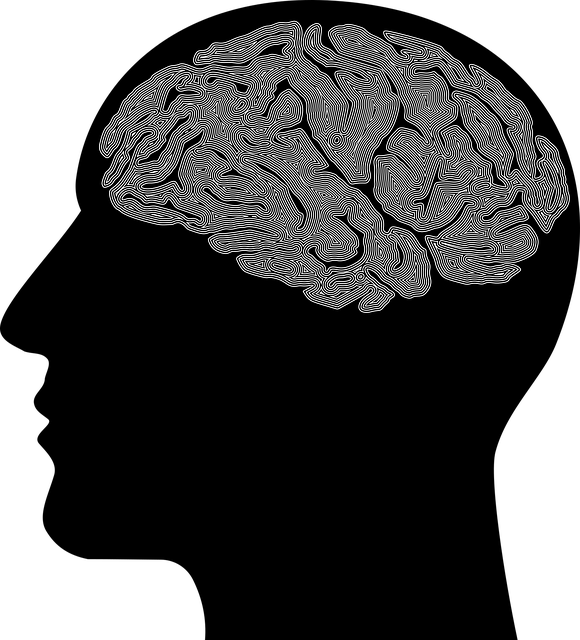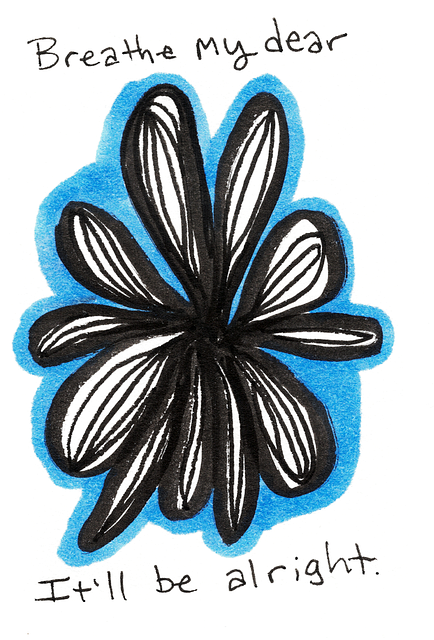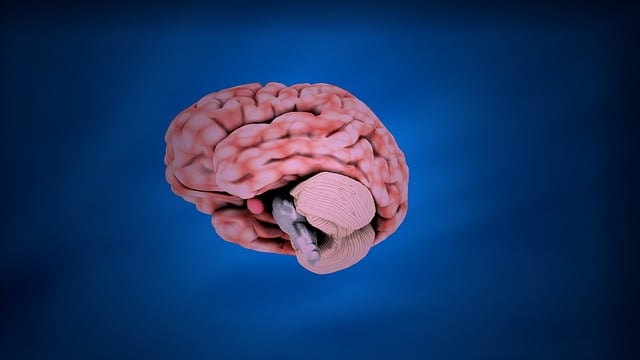Lilton EMDR Certified Therapy offers a comprehensive approach to mood regulation through Eye Movement Desensitization and Reprocessing (EMDR). This therapy targets past traumas and emotional distress by combining eye movements with guided conversations, helping clients process repressed memories and emotions. Additionally, it provides tools for self-awareness, cognitive restructuring, mindfulness practices, and burnout prevention strategies. By identifying triggers, developing coping strategies, and cultivating resilience, individuals can achieve better emotional balance and stability. Littleton EMDR Certified Therapy is a powerful resource for navigating life's challenges and promoting long-term mental well-being.
Mood regulation is a vital skill for navigating life’s challenges. This comprehensive guide explores effective strategies, from EMDR therapy—a powerful tool like Littleton EMDR Certified Therapy—to identifying triggers and patterns, cognitive restructuring, mindfulness practices, and building resilience. By understanding these techniques, you can gain control over your emotional well-being and foster lasting positive change.
- Understanding Mood Regulation: The Role of EMDR Therapy
- Identifying Triggers and Patterns: A Key Step in Mood Management
- Cognitive Restructuring Techniques for Positive Thinking
- Mindfulness and Meditation Practices for Emotional Balance
- Building Resilience: Strategies for Long-Term Mood Stability
Understanding Mood Regulation: The Role of EMDR Therapy

Understanding Mood Regulation: The Role of EMDR Therapy
Mood regulation is a complex process that involves managing and maintaining emotional balance. When individuals struggle with persistent negative moods or traumatic experiences, Littleton EMDR Certified Therapy offers a powerful tool for healing. Eye Movement Desensitization and Reprocessing (EMDR) therapy has gained recognition as an effective approach to address past traumas and emotional distress. This innovative method facilitates resilience building by helping clients process and resolve repressed memories and emotions associated with challenging life events.
By combining eye movements, similar to those experienced during rapid eye movement sleep, with guided conversations, EMDR therapy allows individuals to confront and release traumatic memories stored in the brain. This process can significantly reduce symptoms of post-traumatic stress disorder (PTSD) and improve overall mood regulation. Moreover, public awareness campaigns development around EMDR can contribute to burnout prevention strategies for healthcare providers by providing alternative treatment options that promote emotional well-being.
Identifying Triggers and Patterns: A Key Step in Mood Management

Identifying Triggers and Patterns is a fundamental step in effective mood management. By keeping a journal to track emotional patterns, individuals can begin to recognize what triggers specific moods. This process allows for a deeper understanding of personal stressors, whether they’re related to work overload, interpersonal conflicts, or certain environments. Once these triggers are identified, people can start to develop coping strategies tailored to their unique needs. For instance, someone struggling with anxiety might find that Mindfulness Meditation helps them stay grounded, while another person dealing with chronic stress could benefit from Burnout Prevention techniques.
For those seeking a more intensive approach, Littleton EMDR Certified Therapy offers a powerful tool for processing traumatic memories and the associated emotions, which can significantly impact long-term mood regulation. By addressing these underlying issues, individuals can build Resilience, enabling them to better navigate life’s challenges and maintain emotional balance. Through this combination of self-awareness and professional support, people can take control of their mental health and foster a more positive and stable emotional landscape.
Cognitive Restructuring Techniques for Positive Thinking

Cognitive Restructuring Techniques for Positive Thinking have been shown to be highly effective in mood regulation and can significantly enhance mental well-being. By identifying and challenging negative thought patterns, individuals can cultivate a more optimistic outlook. This process involves becoming aware of automatic negative thoughts (ANTs) and then systematically rewriting them into more balanced and positive statements. For instance, if someone consistently thinks, “I always fail at everything,” they might counter this with evidence-based reasoning like, “I have successfully completed several projects in the past.”
Littleton EMDR Certified Therapy offers specialized tools to facilitate cognitive restructuring. Through techniques such as Self-Awareness Exercises, individuals learn to observe their thoughts without judgment. Communication Strategies are then employed to reframe these thoughts, fostering a dialogue that promotes emotional balance. This process not only aids in Anxiety Relief but also empowers individuals to navigate life’s challenges with greater resilience and positivity.
Mindfulness and Meditation Practices for Emotional Balance

Mindfulness and meditation are powerful tools for regulating mood and achieving emotional balance. These practices have gained significant popularity due to their effectiveness in reducing stress and anxiety, two key factors that can greatly impact mental health. Incorporating mindfulness into daily routines allows individuals to become more aware of their thoughts and feelings without judgment, fostering a deeper connection with the present moment.
Litttleton EMDR Certified Therapy offers valuable insights into harnessing the benefits of mindfulness and meditation for emotional well-being. Through guided meditations and conflict resolution techniques taught in Stress Management Workshops Organization, individuals can learn to redirect negative thought patterns and cultivate a sense of calm. Self-care practices, such as mindful breathing exercises and regular meditation sessions, contribute to overall mental resilience, enabling better mood regulation and enhanced emotional stability.
Building Resilience: Strategies for Long-Term Mood Stability

Building resilience is a key component of achieving long-term mood stability. This involves developing coping mechanisms and skills to navigate life’s challenges with greater ease. Strategies such as Compassion Cultivation Practices can help individuals cultivate self-compassion, fostering a kinder inner dialogue and reducing harsh self-criticism. By acknowledging and accepting emotions without judgment, one can foster mental agility and adaptability.
Additionally, integrating structured practices like Risk Management Planning for Mental Health Professionals into daily routines can be beneficial. This involves identifying potential triggers and developing proactive strategies to mitigate their impact. For instance, maintaining a Mental Wellness Journaling Exercise Guidance can serve as an outlet for processing emotions, tracking progress, and reflecting on personal growth. Regular reflection and self-awareness contribute to building emotional resilience, enabling individuals to maintain balance and promote positive mental health over time, especially when coupled with evidence-based therapies like Littleton EMDR Certified Therapy.
Mood regulation is a multifaceted journey, and employing various strategies can lead to significant emotional well-being. From understanding the power of EMDR therapy for profound emotional healing to identifying triggers and practicing mindfulness, each technique offers a unique path to balance. For those seeking long-term solutions in Littleton, EMDR Certified Therapy provides an effective framework. By combining cognitive restructuring and building resilience, individuals can navigate life’s challenges with enhanced coping mechanisms, ensuring sustained mood stability and improved overall mental health.

